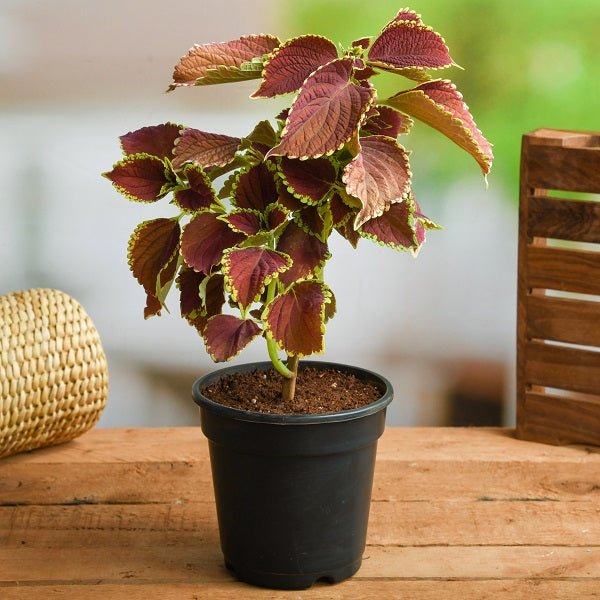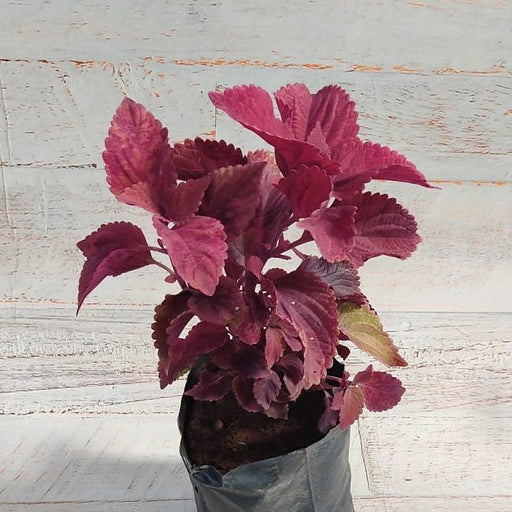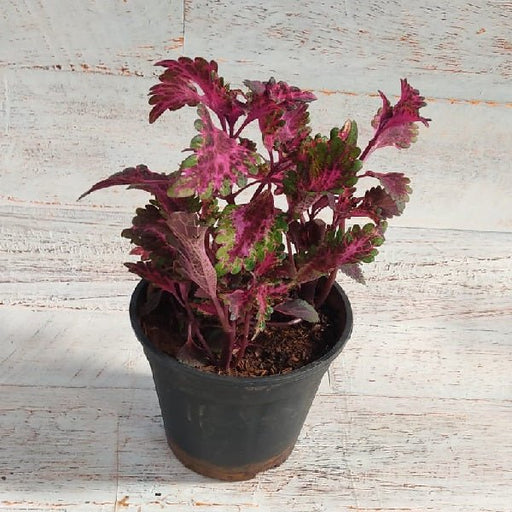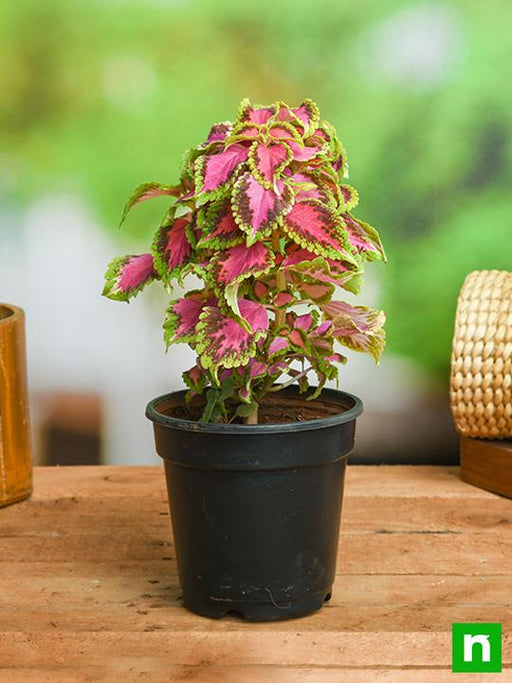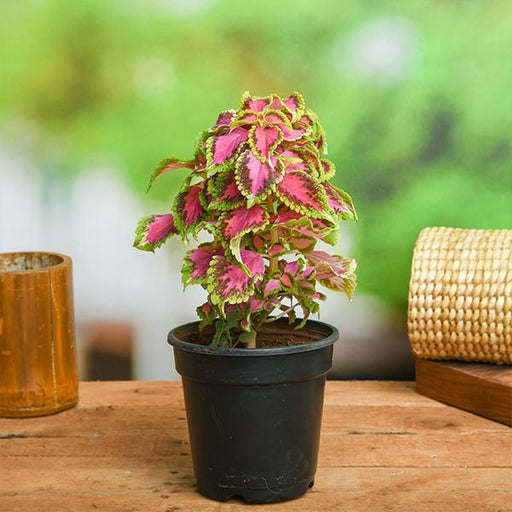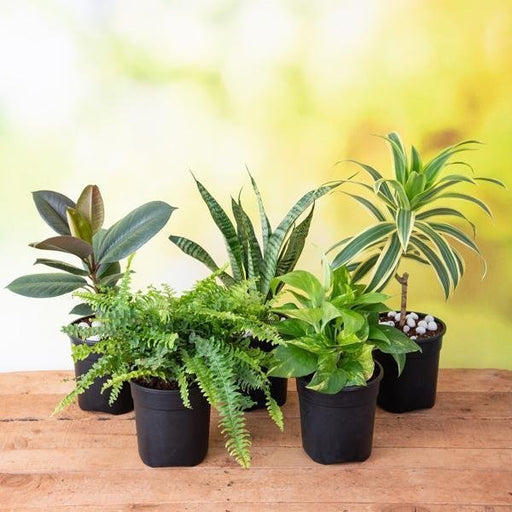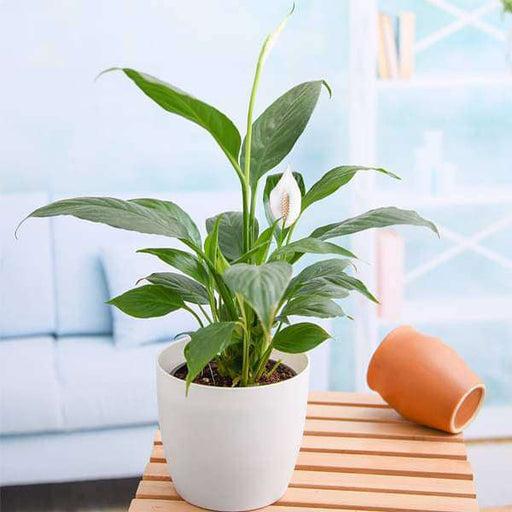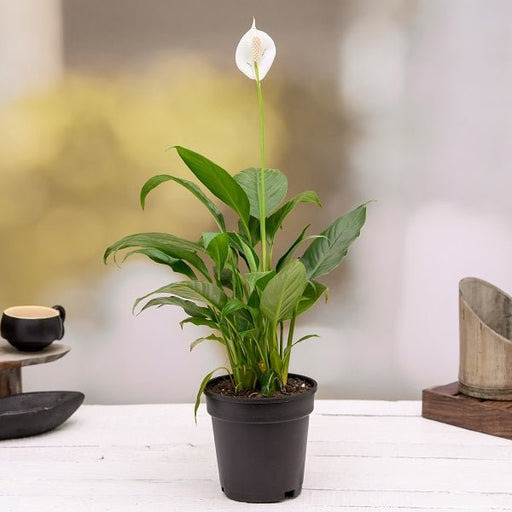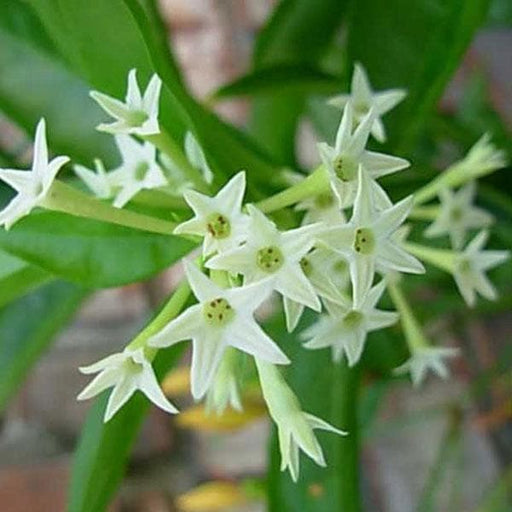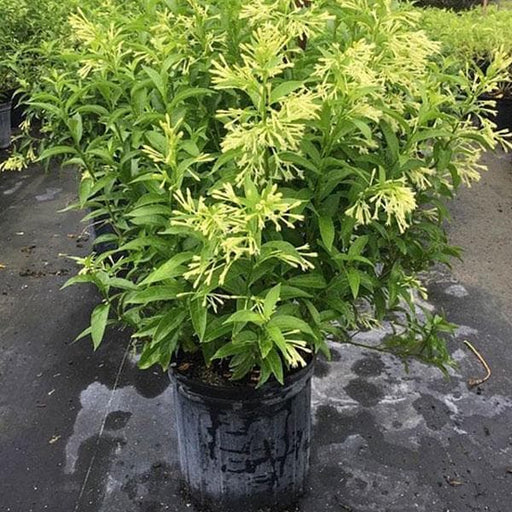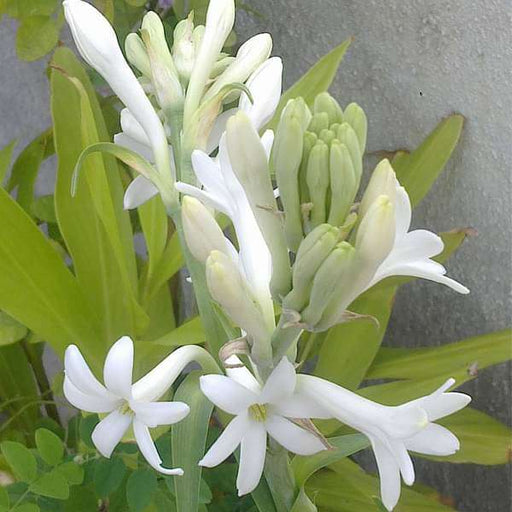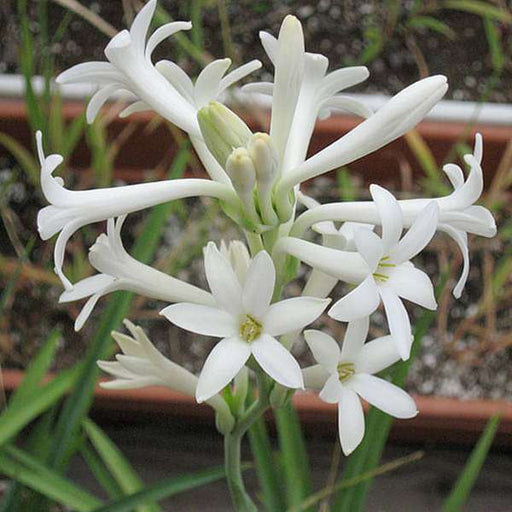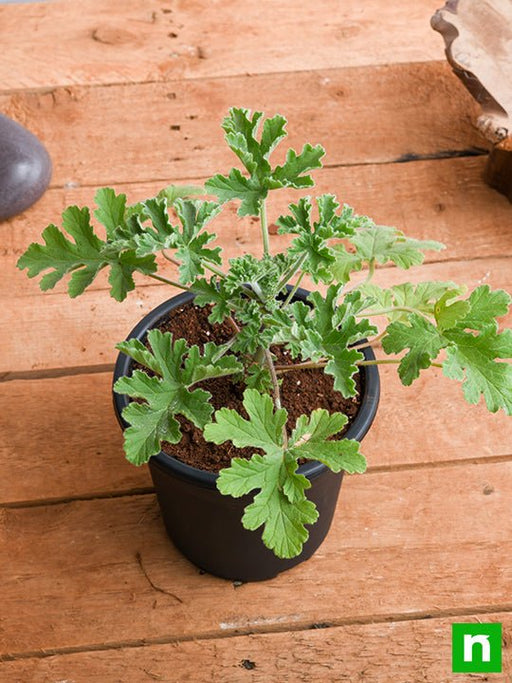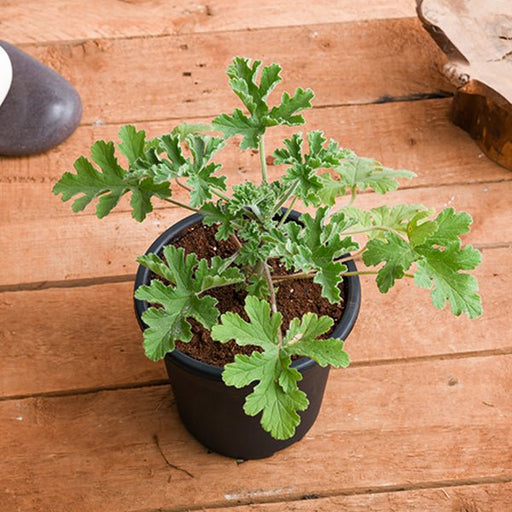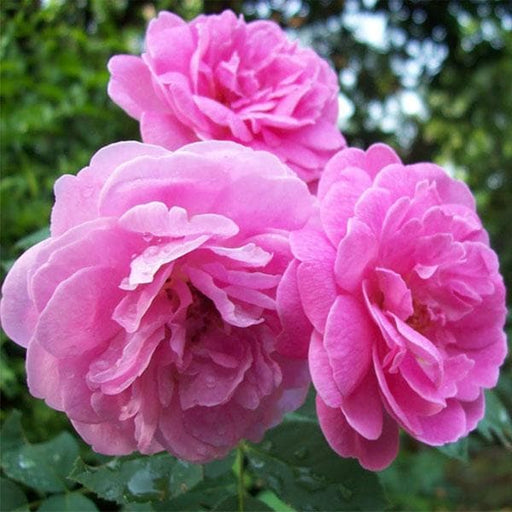Coleus plant care
Coleus plants are beautiful and easy to care for, making them a great addition to any garden or indoor space. Understanding the basics of coleus plant care, including watering, fertilizing, and pruning, can help you keep your plants healthy and thriving.
Coleus plant varieties
Coleus plants come in a variety of colors and patterns, making them a popular choice for adding some vibrant hues to your garden or indoor space. Understanding the different types of coleus plant varieties and how to choose the right one for your space can help you create a stunning and unique display.
Coleus plant propagation
Coleus plants are easy to propagate, making them a great option for expanding your plant collection or sharing with friends. Understanding the different methods of coleus plant propagation, including stem cutting and seed propagation, can help you create new plants and keep your collection growing.
Coleus plant pests
Like all plants, coleus plants can be susceptible to pests and diseases. Understanding the common pests that affect coleus plants, including spider mites and whiteflies, and how to prevent and treat them can help you keep your plants healthy and thriving.
Coleus plant uses
Coleus plants have been used for centuries in traditional medicine for their various health benefits, including treating respiratory ailments and promoting digestion. Understanding the different ways that coleus plants can be used for medicinal purposes can help you reap the health benefits of this beautiful plant.
Coleus plant size
Coleus plants come in a range of sizes, from small and compact to large and bushy. Understanding the different sizes of coleus plants and how to choose the right one for your space can help you create a balanced and visually appealing display.
Coleus plant colors
Coleus plants come in a variety of colors, including pink, purple, green, and yellow. Understanding the different colors of coleus plants and how to combine them in a visually appealing way can help you create a stunning and vibrant display.
Coleus plant containers
Coleus plants can be grown in containers, making them a great option for adding some color and vibrancy to your patio or balcony. Understanding the different types of coleus plant containers and how to choose the right one for your space can help you create a beautiful and functional display.
Coleus plant light requirements
Coleus plants require bright, indirect light to thrive. Understanding the light requirements of coleus plants and how to provide them with the right amount of light can help you keep your plants healthy and happy.
Coleus plant soil requirements
Coleus plants prefer well-draining soil that is rich in organic matter. Understanding the soil requirements of coleus plants and how to choose the right soil for your plants can help you create a healthy and nutrient-rich growing environment.
Coleus plant pruning
Pruning coleus plants is important for maintaining their shape and promoting healthy growth. Understanding the proper way to prune coleus plants and when to do so can help you keep your plants looking their best.
Coleus plant companion planting
Coleus plants can be grown alongside other plants in a technique called companion planting. Understanding the different plants that pair well with coleus and how to create a beautiful and functional companion planting display can help you create a stunning and diverse garden.
Coleus plant fertilizer
Coleus plants benefit from regular fertilization to promote healthy growth and vibrant colors. Understanding the different types of fertilizer that are appropriate for coleus plants and how to apply them can help you keep your plants looking their best.
Coleus plant water requirements
Coleus plants prefer consistent moisture but can be susceptible to root rot if overwatered. Understanding the water requirements of coleus plants and how to provide them with the right amount of water can help you keep your plants healthy and thriving.
Coleus plant temperature requirements
Coleus plants prefer warm temperatures and can be damaged by frost. Understanding the temperature requirements of coleus plants and how to protect them from extreme temperatures can help you keep your plants healthy and thriving.
Coleus plant growing season
Coleus plants are typically grown as annuals, meaning they complete their life cycle in one growing season. Understanding the growing season of coleus plants and how to plan for their growth and care can help you create a successful and vibrant display.
Coleus plant indoor care
Coleus plants can be grown indoors, making them a great option for adding some color and vibrancy to your home or office space. Understanding the indoor care requirements of coleus plants, including light, temperature, and humidity, can help you keep your plants healthy and thriving.
Coleus plant outdoor care
Coleus plants can also be grown outdoors, adding some vibrant colors to your garden or landscape. Understanding the outdoor care requirements of coleus plants, including soil, water, and light, can help you create a beautiful and thriving outdoor display.
Coleus plant medicinal benefits
In addition to their colorful and ornamental value, coleus plants have a long history of medicinal use in traditional medicine. Understanding the medicinal benefits of coleus plants, including their potential to improve heart health and alleviate respiratory ailments, can help you appreciate the full value of this beautiful plant.
Coleus plant symbolism
Like many plants, coleus plants have cultural and symbolic significance. Understanding the different cultural and symbolic meanings of coleus plants can help you appreciate their value beyond their ornamental beauty.

